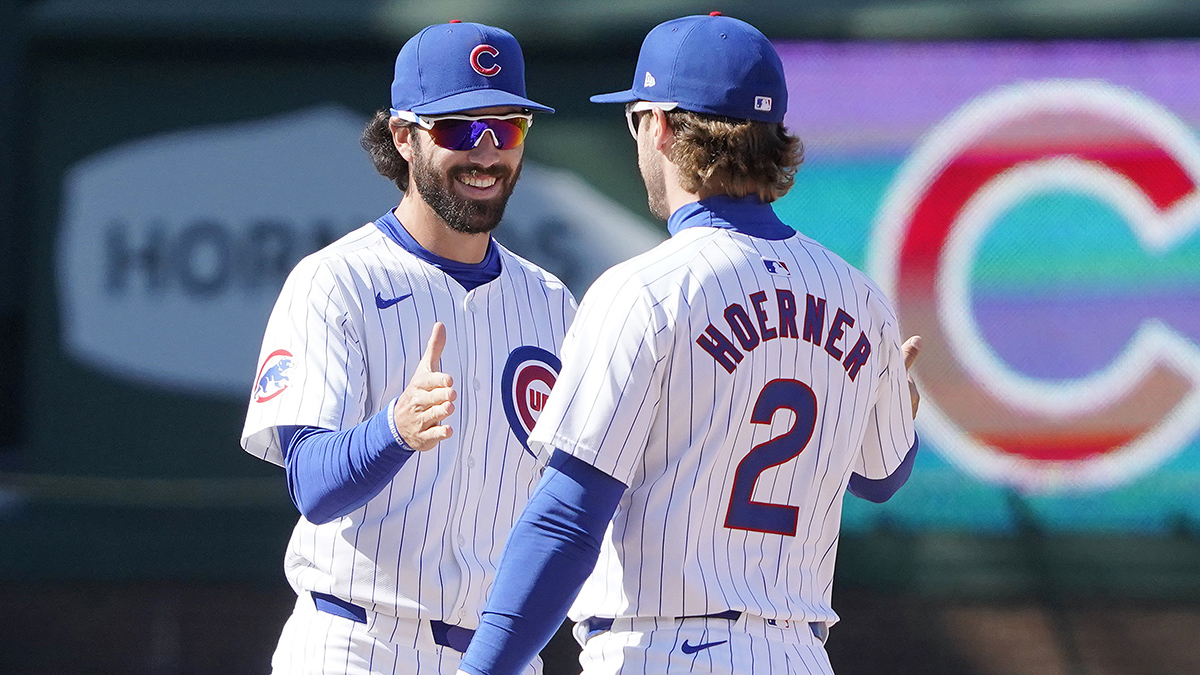PHILADELPHIA — At least for a time, Clay Buchholz was the easiest target of 2016, the easiest Red Sox pitcher for fans and media to criticize — fairly and unfairly.
A year ago on Friday, Buchholz was pitching in relief. Three scoreless innings lowered his ERA to 5.86.
MORE RED SOX
- Jon Heyman: Could Red Sox pull off trade for Royals 3B Mike Moustakas?
- Cy Young winners Porcello, Keuchel face similar challenges
The righty put together a strong second half bouncing between the pen and the rotation, a second half that was easy to overlook. From July 27 through the end of the regular season, his ERA was 2.80.
But no one, including him, would have been shocked if he was traded before he had a chance to redeem himself in the second half. His Red Sox time looked like it needed to end. It did over the winter in a trade with the Phillies.
Buchholz lived Boston, with all its warts and glory, for a long time. His 188 starts are 16th all-time in franchise history. Pedro Martinez made 201 starts. Jon Lester made 241.
Boston Red Sox
How did Buchholz handle Boston from 2007-16? Coming back from forearm surgery, Buchholz explained his approach and experience in a conversation with CSNNE.com in the home dugout at Citizens Bank Park.
What were the secrets for Clay Buchholz playing in Boston?
"When I was good for an extended period of time and I was bad for an extended period of time, it’s a lot easier to handle obviously when you’re good. Because there’s nobody coming at you and there’s nobody looking for answers to what’s going on or what’s wrong, or why aren’t you doing this. I guess the secret is just be really good every time you go out. I don’t think anybody can really do that, except for a select number of guys in the league.
"It was definitely a learning curve to it. My whole motto was have a short memory with everything. With the good, you had a good start, you win a game, when you come into the field the next day, start your work for that next start rather than dwelling on that good or bad start. And that’s how I got through some of the bad times, and I was able to come back and throw the ball well. Because I didn’t, [it] was always said that I was a mental midget, or that I was weak mentally, I feel like I was one of the stronger mentally sound people in the game just because of the fact of what I had to go through, and what I put myself through on a lot of occasions.
"You got to be a man, you got to step up, you got to talk about your start if you’re a starting pitcher and you got to address the media and all that stuff, and I think everybody knows that. But it’s the difference from there and then here [in Philadelphia] is there is maybe, there’s 25 people of media in Boston. There’s maybe six here. That number obviously makes it easier. You don’t have to talk to different people about the same stuff for three days after a start. You can do it, get it out and it’s done. But yeah I just try to take it one day at a time. I knew that there were two things that were going to happen: I’m going to go out and be good or I’m going to go out and not be so good. And the days that you’re not so good, you got to try to keep your team in the game within striking distance to score some runs and get back at it.
"That’s all I thought about it. I didn’t ever, I tried not to let it ever affect me in a negative way. Sometimes it does, and that’s the times you have to sort of learn from what happened and how it happened and why it happened and try to break it down and not let that happen again."
Did you feel like by the end of it you kind of figured it out?
"I mean, yeah, there was a bunch of different points in time where I would revert back. I’m on a good route right now, I‘m throwing the ball good, I feel good. And, like I said, that’s when it’s easy to go through and be able to talk to people. It’s when somebody has something to say about you that you don’t necessarily believe or understand, and that gets blown up. And then you have to answer questions about it all over again. So like, it’s a recurrence. You got to — it’s a process through elimination. You got to test things out and learn how to do it and know what works best for you. Some people are better at just being a ‘yes’ guy, and telling people what they want to hear. Some guys are, they don’t know how to do that.
"And that’s whenever you’re faced with adversity, that’s one of those times coming to play where, like I said, you have to be a man, you got to step up and do it. But, everybody’s got their boiling point and everybody has their mark where, once they cross that line, you got to try something different. Sometimes it’s negative and sometimes it’s positive. I tried to keep it positive just for the simple fact there were already enough negative things happening. Didn’t want to add any negativity to the whole ordeal. That’s basically all I did."
Did you guys talk about it behind the scenes? Would you and Jon Lester or whoever, Josh Beckett, have a conversation about how we should do this or not?
"Not so much. Everybody’s personality’s different. You know, Jon Lester was a pretty quiet guy. John Lackey wasn’t. Josh Beckett wasn’t. Curt Schilling wasn’t. So, my personality would not, you wouldn’t be able to combine my and Beckett’s or my and Curt Schilling’s personality because they’re polar opposites. So you got to be you, and you got to say what you want to say, or you got to say what you think people want to hear, and that’s the two different ways that you can go. One of ‘em is going to be a more positive way of doing it, because people are going to forget about it. And the other one, people are going to keep bringing it up, because you’re causing confrontation. That’s part of it. "
You’re not on social media for this reason?
"A lot. I mean, I have kids and stuff. I know that if I was to post to something — they already know where I’m at, they already know enough about me, and my life’s public knowledge, basically. Nobody needs to know any more about me. My wife and the kids, they do it, and I don’t agree with it. But that’s what she does so I can’t tell her not to. Yeah, that’s part of the reason. Everybody’s going to have those nights where they’re sitting at their house, just boiling in their mind. Their head’s spinning and they see somebody tweet something. The manly something to do is to tweet something back. That’s part of it. So, that’s what I’ve always tried to stay away from."
Do you miss it? Boston?
"I miss the guys. Those are my buddies, you know. You got a really good group of guys over here too, that’s what I was telling ‘em. It’s obviously more veteran-oriented over there. You got a couple young studs that are going to be around the game for a long time. So, this team’s more along the lines of building to get to that point right now. And there’s — I don’t have a doubt in my mind that they could do it. You just got a couple more pieces here and there throughout the next three years or so, three or four years, then this team could be back to where it was five years ago.
"But I do miss the guys, it was good to see ‘em. It was time for a change for me. It was time for a change. I mean, I knew I thought I was getting traded for the last two years. So, it’s finally happened and I landed in a good group with a good group of guys that are young and they’re still feeling the big leagues out in some way. But learning how to play the game, learning what it’s about. The No. 1 thing is to win, and that’s what everybody has to have their mind focused on."
You’re the veteran now.
"I know. It’s crazy."
It’s weird?
"It is. It really is."


